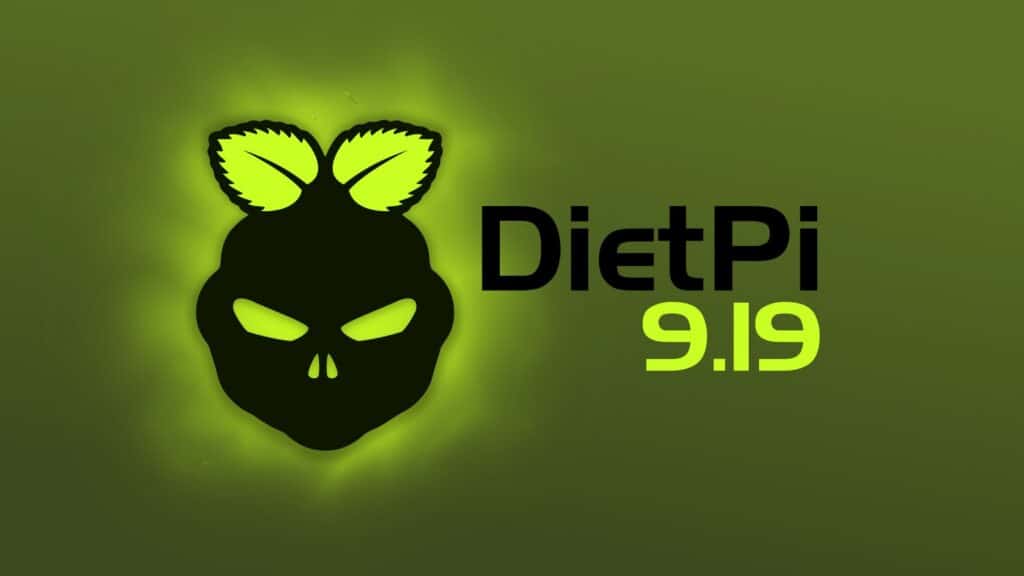Nearly a month after the 9.18 release, DietPi, a lightweight, performance-focused Debian-based Linux distro for SBCs (such as Raspberry Pi) and server systems (with an option to install desktop environments), has just unveiled its latest iteration, version 9.19.
The headline addition is BirdNET-Go, a continuous bird-call monitoring and identification system that now joins the DietPi-Software catalogue.
The release also strengthens Debian 13 support across multiple components. UrBackup now uses its official APT repository, which unlocks Trixie compatibility and expands ARMv6 support.
Likewise, Trixie support has been enabled for the NAA Daemon on ARMv6/7 systems, Moonlight (GUI) on ARMv7, and Medusa through upstream Python 3.13 compatibility. Additionally, Mosquitto now relies on its official APT source on Trixie-based systems to ensure consistent package updates.
The update also enhances usability by adding an option to wrap the DietPi-Banner output for smaller terminals. Users can enable this behavior by running dietpi-banner and selecting the new configuration entry.
At the hardware level, the release addresses issues affecting the Raspberry Pi platform. An updated raspberrypi-sys-mods package now aligns with the latest kernel stack and the Raspberry Pi 5, resolving issues such as missing serial console access on first boot, absent device nodes, and incorrect permissions for GPIO, I2C, SPI, and video groups.
Several software components received fixes. ZeroTier now updates correctly on Debian 13 systems following an issue introduced in the previous DietPi upgrade. Jellyfin now starts reliably on low-memory devices, thanks to the relocation of log and temporary directories.
The Node.js ecosystem also works as expected after resolving missing libatomic dependencies that affected applications such as Node-RED, Blynk Server, and MineOS. Moreover, incompatible embedded SQLite versions no longer block Lidarr and Prowlarr on Debian 11, and SABnzbd installations now complete with a correct configuration file.
Finally, the release includes additional code cleanups, performance adjustments, and minor visual fixes that improve overall system stability. Refer to the release announcement for a detailed overview of all changes. Downloads are available here.
